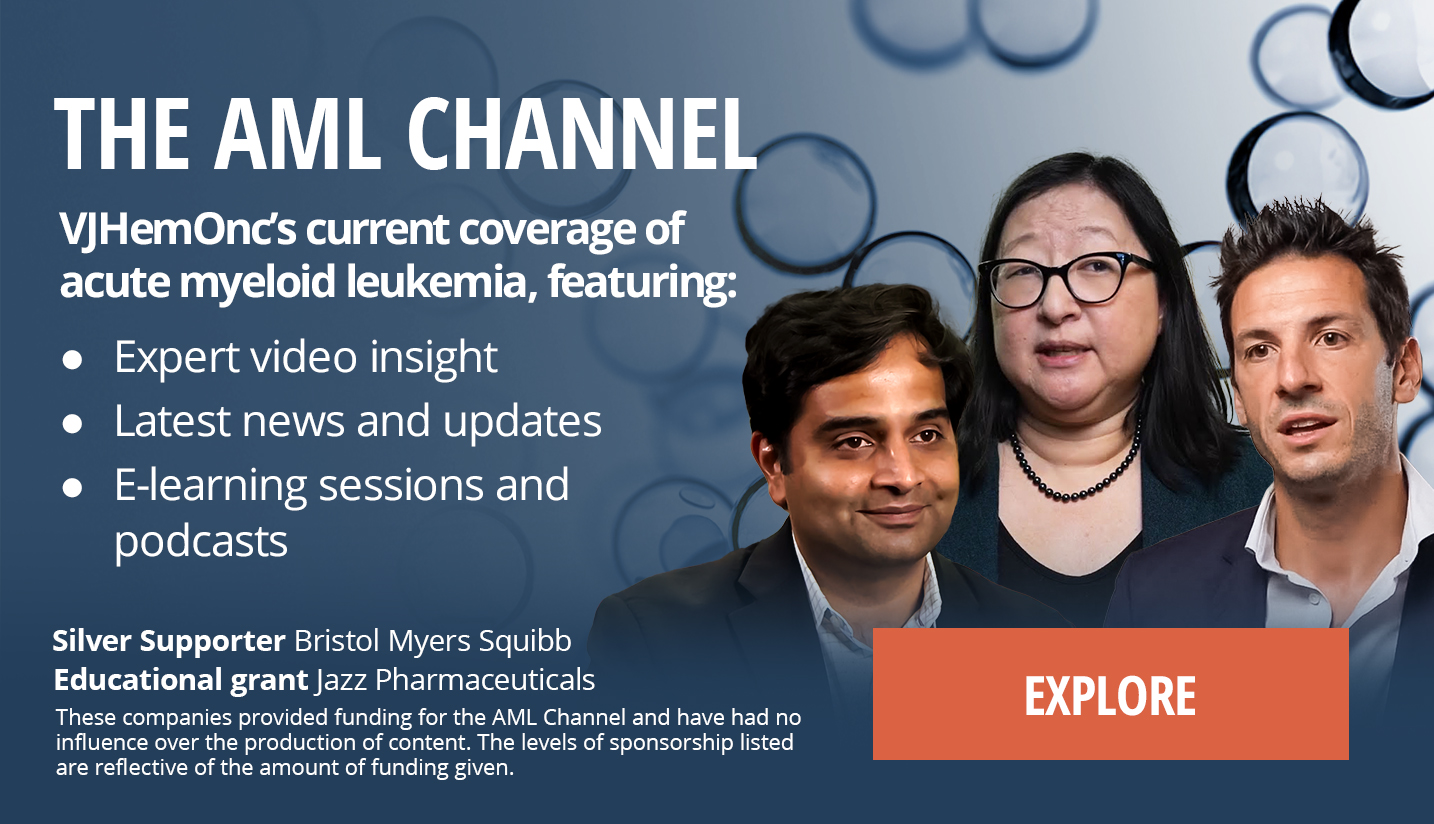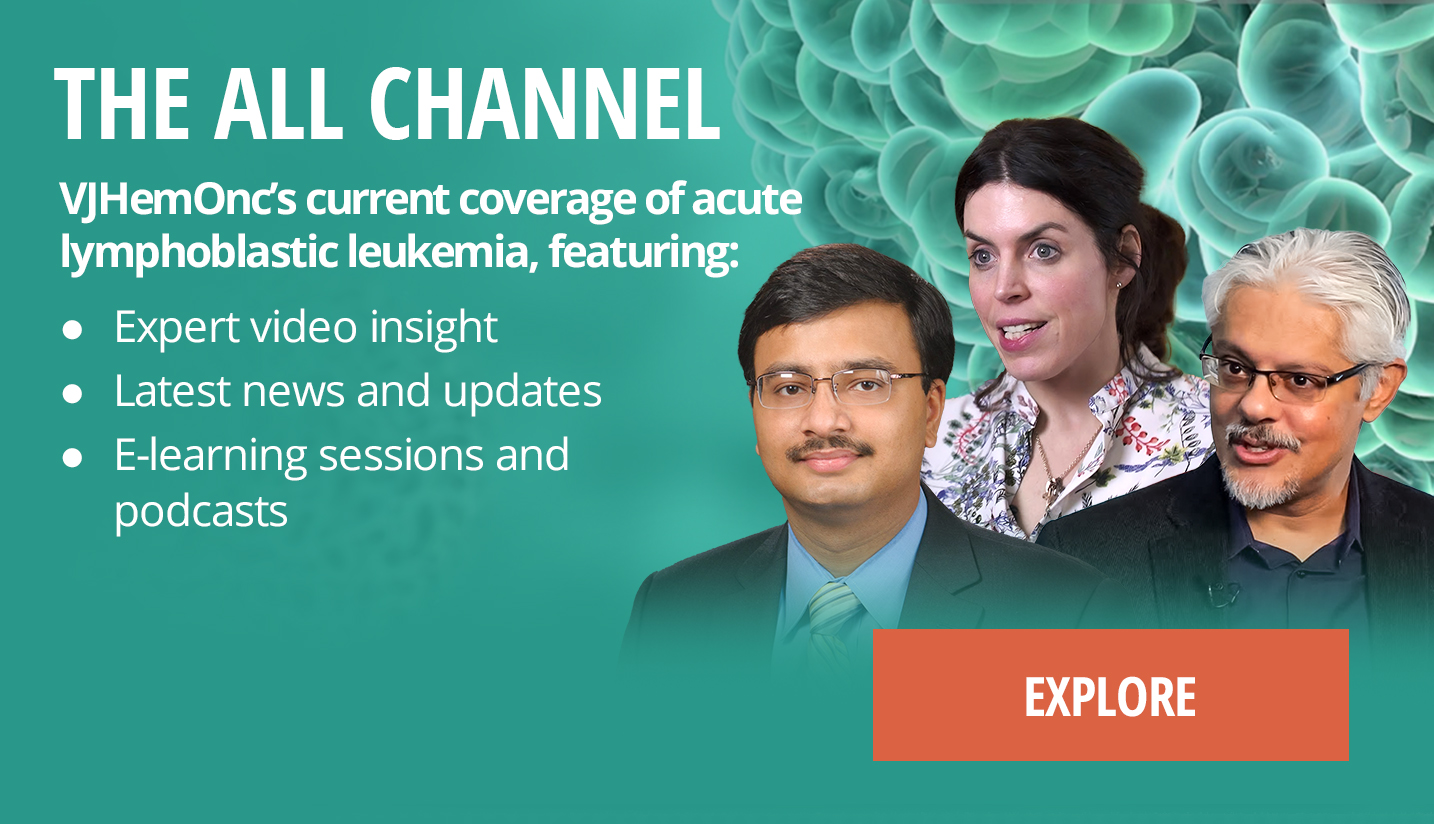Maybe I’ll start with the objective first. What we realized is that pediatric drug development, particularly in oncology, has not benefited from all of the science in the same way that adult oncology has. Some of that is because, thankfully, pediatric tumors, in particular pediatric leukemias, are rare compared with those in adults. But the backward thinking on this is that a six-year-old has so many more years of life and so much more benefit from being saved than a 60-year-old does, and I can say that because I have enough gray hair to say that, that we really need to rethink how we develop therapies in oncology for children...
Maybe I’ll start with the objective first. What we realized is that pediatric drug development, particularly in oncology, has not benefited from all of the science in the same way that adult oncology has. Some of that is because, thankfully, pediatric tumors, in particular pediatric leukemias, are rare compared with those in adults. But the backward thinking on this is that a six-year-old has so many more years of life and so much more benefit from being saved than a 60-year-old does, and I can say that because I have enough gray hair to say that, that we really need to rethink how we develop therapies in oncology for children. And that’s why PedAL was started, to find more efficient ways to bypass the roadblocks that we see in pediatric oncology drug development.
This transcript is AI-generated. While we strive for accuracy, please verify this copy with the video.















